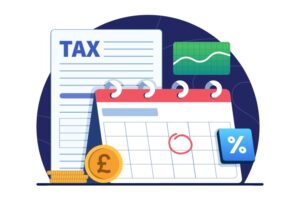Reward them tax free-subject to certain conditions.
- The employer’s scheme needs to be open on the same terms to:
- all employees; or
- a particular category of them, for example, a scheme open to all employees in a particular geographical area will satisfy this condition;
- the suggestion must relate to the activities carried on by the employer;
- the suggestion for which the award is made is outside the scope of the normal duties. The test is that, taking account of experience, you could not reasonably have been expected to put forward such a suggestion as part of the duties of your post; and
- the suggestion was not made at a meeting held for the purpose of proposing suggestions.
The exemption applies to two types of awards for suggestions:
- a) Encouragement awards
an encouragement award is one that is made for a suggestion that has some special merit or reflects praiseworthy effort on the part of the person making the suggestion. The permitted maximum for an encouragement award is £25. If the encouragement award exceeds £25 the excess over £25 is taxable.
- b) Financial benefit awards
There are additional conditions applying to financial awards
- Awards can only be made following a decision to implement the suggestion. The decision to make an award must be based on the likelihood of improvement in efficiency or effectiveness. The likely financial benefits must be considered, as must the importance of the suggestion in relation to the employer’s business;
- The amount of the award cannot exceed:
- 50% of the expected first year net financial benefit; or
- 10% of the expected five-year net financial benefit
- subject, in each case, to an overriding maximum of £5,000. Where an award exceeds £5,000, the excess over that figure is taxable.
- If two or more employees receive an award in respect of the same suggestion, the exempt amount is divided among them.
The employer should retain evidence of the suggestions and the calculations where applicable.










